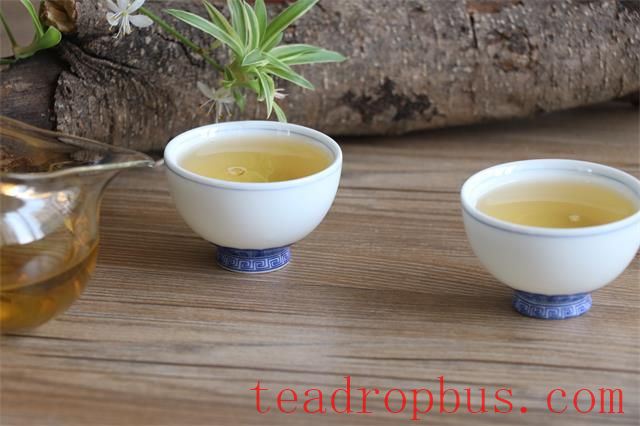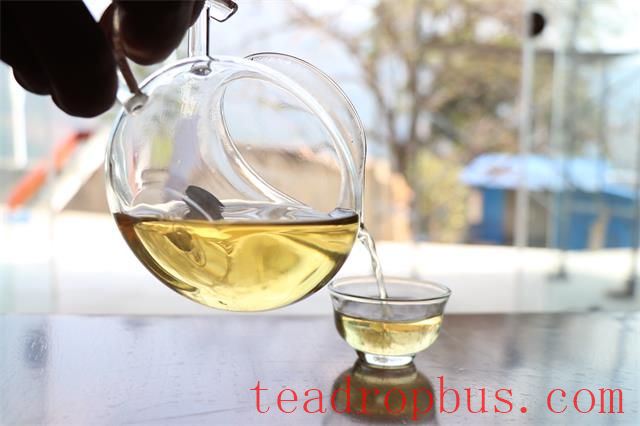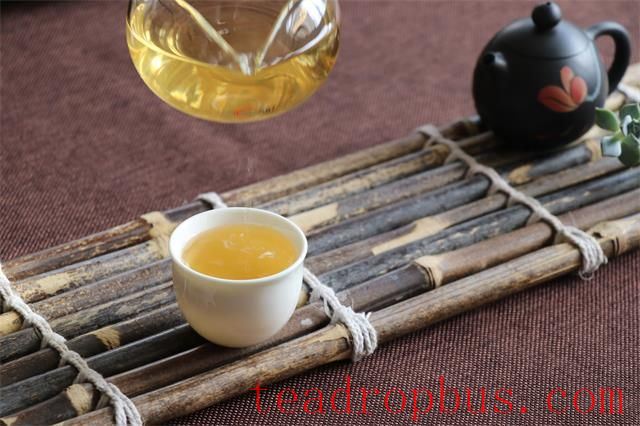Contemporary collector Ma Weidu has a collection titled Tea Instead of Wine, inspired by Du Lei's line: “On cold nights when guests arrive, tea takes the place of wine, as bamboo stoves boil water with newly lit fires.”
Tea is the precious tree of the south; wine is the ancient elixir of old.
In the Xia and Shang dynasties, those who were drunk held onto those who weren't, and vice versa; for our ancestors, drinking wine was a cure for illness, a celebration of joy, and a balm for worry.
Tea came into use as early as the Han dynasty, and by the Tang Dynasty, Lu Yu had established a comprehensive system around it; one bowl moistens the throat, two bowls bring a breeze under the armpits, washing away worries and quenching thirst, leaving a long-lasting aftertaste.

Wine is a spirit of boldness, while tea represents a realm of tranquility. Using tea instead of wine is a way to maintain one's self while conveying camaraderie. Though paths may differ, they can still intersect.
The story of using tea instead of wine first appears in Chen Shou's Sanguozhi: Biography of Wei Yao from the Jin dynasty: When Sun Hao first ascended the throne, he cared for the people, opening granaries to alleviate poverty, earning the love and admiration of his subjects.
Later, accustomed to the extravagance of imperial life, he became tyrannical and indulged in wine and women, frequently holding banquets where he forced his ministers to accompany him.
At every banquet, regardless of their ability to drink, ministers were required to consume at least seven liters of fine wine to demonstrate their loyalty.
Among them was Wei Yao, teacher to Sun Hao's father, Prince NanYang Sun He, and serving as Grand Tutor, a position that carried special significance due to the saying, “once a teacher, always a father.”
Wei Yao could only tolerate two liters of alcohol, so Sun Hao secretly replaced his wine with tea;
Wei Yao understood the gesture and deliberately raised his cup, using tea in place of wine to toast Sun Hao, thus avoiding drunkenness and any inappropriate behavior.
In a society where the hierarchy between ruler and subject was rigidly defined, it was rare, especially for an autocratic tyrant, to maintain such a tacit understanding with a minister.

Consider the muddled Second Qin Emperor, deceived by Zhao Gao and unable to distinguish right from wrong, eventually unable even to determine whether something was a horse or a deer—how could he care about the difference between tea and wine?
Right and wrong are not the crux of the matter. With deep affection, a cup of clear tea can adequately substitute for wine, providing enlightenment just as wine can serve as tea.
If there is no genuine sentiment, then pretending that a horse is a deer would be unsurprising.

Those who insist you drink wine are impossible to discern. Those who allow you to have tea instead of wine require no explanation.
From requiring no explanation to being unable to discern, the difference lies in a measure of gentleness between each other.
As Wang Changling said, “If friends and relatives in Luoyang ask about me, tell them my heart is as pure as ice in a jade pot.” Since our hearts remain pure, does it really matter whether the contents of the pot are tea or wine?